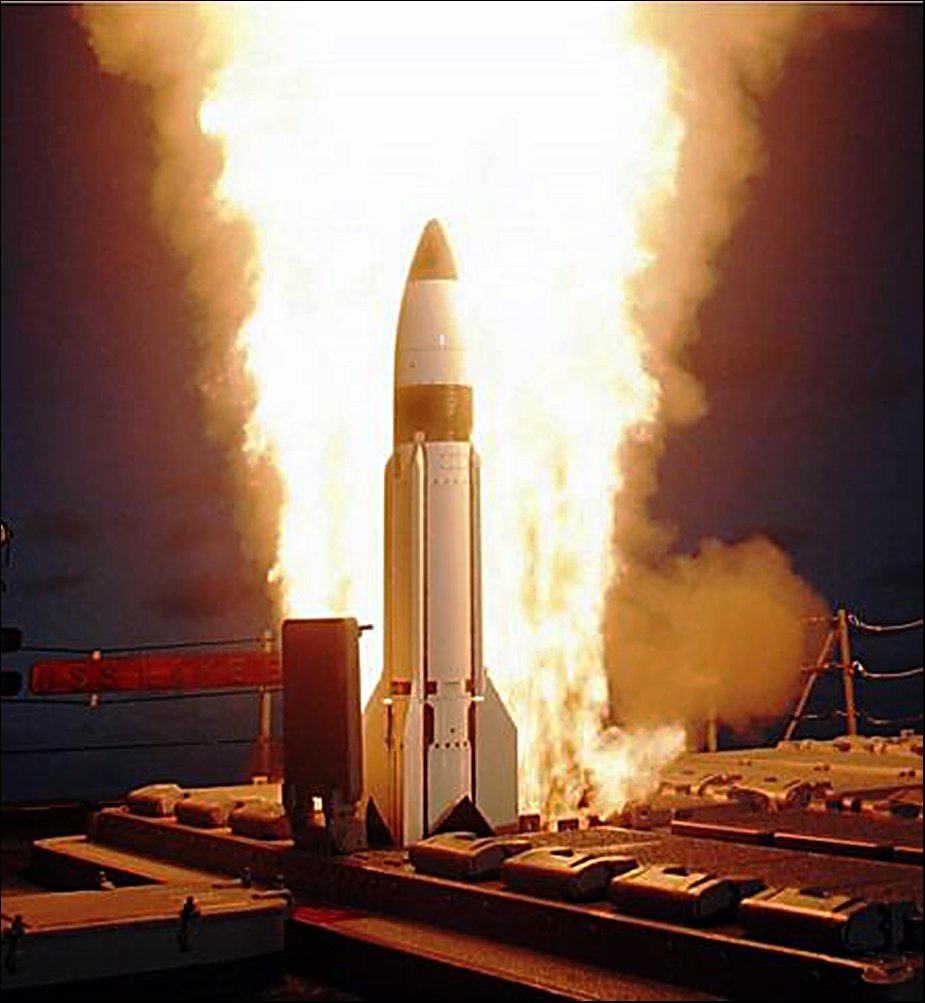(Initially published as a blog-post at Sri Lanka Campaign for Peace & Justice, Nov. 10, 2010)
Since the end of the Cold War, and through the era of the so-called “Global War on Terror,” Japan has struggled to define and develop a meaningful role for itself in the world of international politics. Constitutionally constrained from participating in collective security operations that involve the use of force, it has sought to cast itself as something of a “power for peace.”(1) In its handling of the crisis in Sri Lanka, however, it appears to be losing its way. While providing a great deal of aid to Sri Lanka, Japan is failing to exercise its considerable influence to help reduce the causes of further conflict, and risks not only undermining its own ambitions but also significantly harming the chances for peace and justice in Sri Lanka.
Almost exactly twenty years ago, the run-up to the Gulf War of 1991 created a major crisis within Japan that has had an enduring impact on the country’s politics and policy. The Japanese government came under enormous pressure to contribute to the international effort to resist the aggression of Iraq, in a region from which Japan obtained most of its energy supply. But Japan was constrained by its Constitution from any involvement in the military operations. It ended up providing support in other ways, including giving US $13 billion to the effort, more than any other country. Yet it was scorned (unfairly) for its “cheque book diplomacy,” received little gratitude for its help, and came out of the crisis with a deep sense that it would have to find more meaningful ways to contribute to the international community – particularly given that it continued to nurture ambitions to obtain a permanent seat on the United Nations Security Council.
Japan turned to limited involvement in U.N. peacekeeping, participation in the development of such concepts as “human security” (2), and perhaps most important, the use of foreign aid, particularly in areas of ongoing or potential conflict, to increase its influence and shape its identity as a “power for peace.” With respect to Sri Lanka, in 2003 Japan tried to take a leading role by hosting the Tokyo Conference on Reconstruction and Development in Sri Lanka and it played an important role in the Norway-led peace talks that continued in the period that followed. Japan’s foreign aid to Sri Lanka, in the form of loans, grants, and the provision of technical assistance, has been part of that effort, and Japan has given far more foreign aid in the last ten years than any other country (3). In the 2007-2008 period alone, Japan provided US $ 288 million, more than three times the amount given by each of the U.S. and the E.U. (4), and Sri Lanka was tenth on the list of Japan’s top aid recipients (5). The benefits to Sri Lanka from such aid should not be minimized, and it will no doubt contribute to the economic growth and stability essential to (while of course not sufficient for) the post-war peace process in Sri Lanka.


